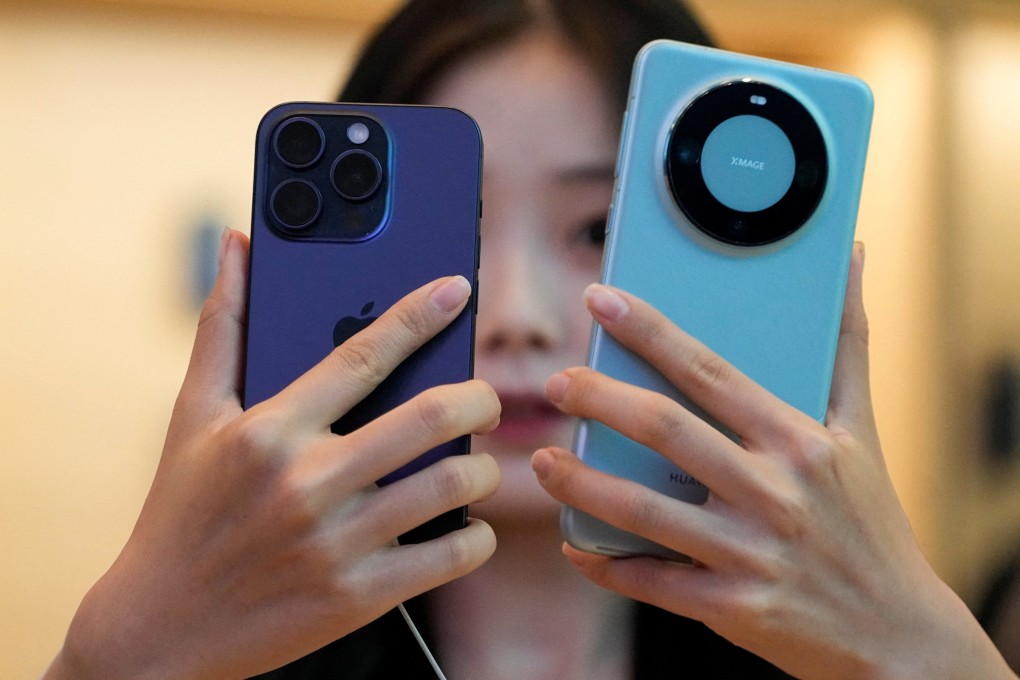My Take | US hurts own industry as chip war against China seen to fail
- Markets no longer have priority over national security, and economic interdependence with Beijing is considered a threat at the very least

After US Secretary of Commerce Gina Raimondo landed in Beijing in late August, Huawei Technologies unveiled its now bestselling Mate 60 smartphone with a 7-nanometer processor made by Semiconductor Manufacturing International Corp (SMIC). The timing could not have been a coincidence.
Having seen its global business battered by US sanctions, the Chinese telecoms giant has not only made a comeback that is giving Apple’s new iPhone 15 a run for its money, but also has shocked Washington’s China containment brigade and chip warriors.
The response from the United States was predictable: close supposed loopholes in global chip sales restrictions, and add more sanctions.
Apparently, US policymakers think they can enhance national security while protecting and promoting American industry and economy. The two goals may be incompatible. The worst scenario, now increasingly being realised, is that Washington’s misguided policy – call it de-risking or decoupling – will end up weakening both.
On the economic front, you don’t need to look far. Insiders in the chip industry from the US, Britain and Taiwan have said as much. Their warnings, though, will likely fall on deaf ears as they are now fighting already entrenched government foreign and industrial policies. Good luck trying to reverse those!
Lin Burn-jeng doesn’t mince words. The former vice-president of Taiwan Semiconductor Manufacturing Co (TSMC) and an early champion of photolithography, the widely used method for semiconductor fabrication of integrated circuits that once transformed the island’s chip industry, knows a thing or two about making advanced chips.

